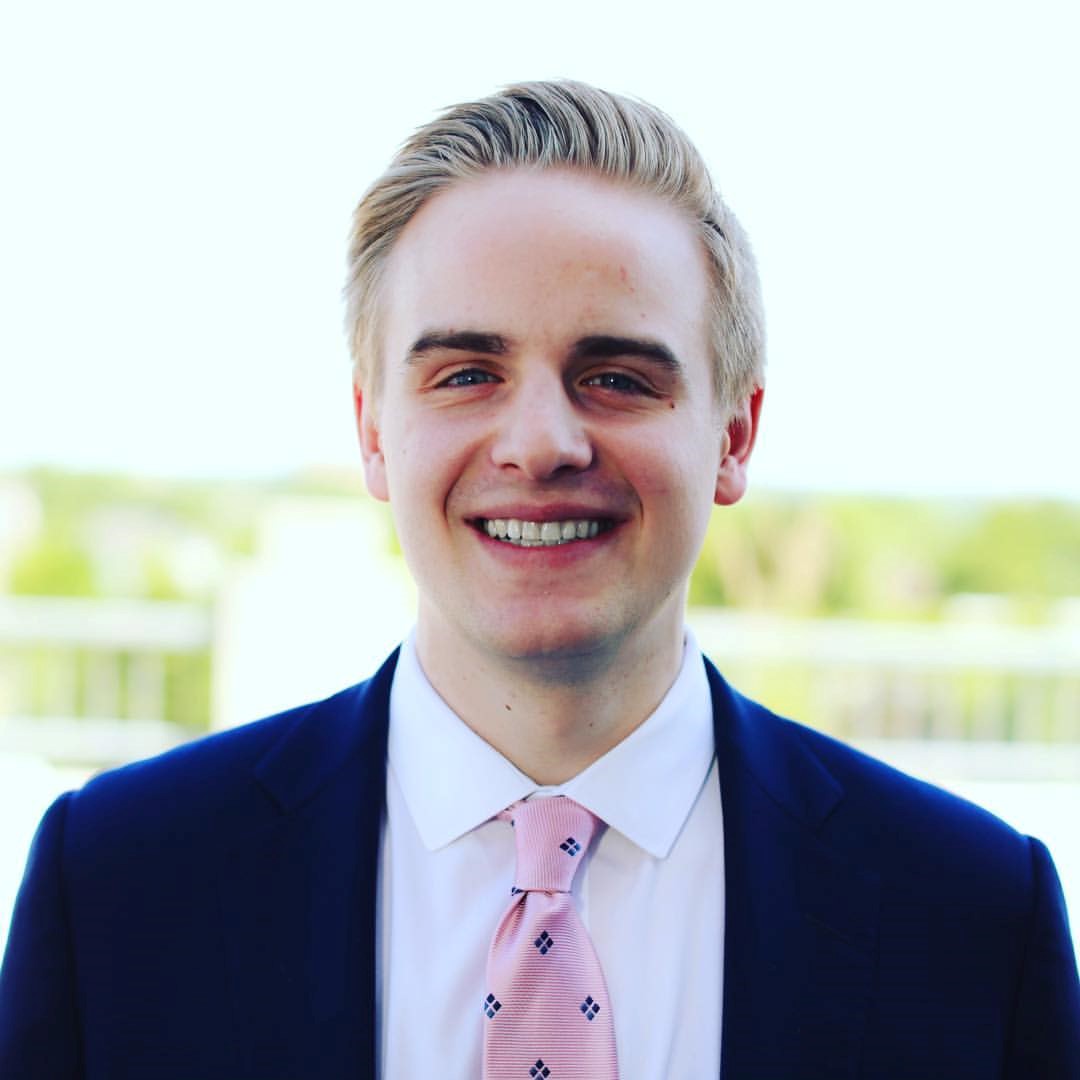Islamic State (ISIS) managed to rule the cradle of Christianity for over two years while implementing a reign of terror.
They destroyed homes, tore apart families, and removed all signs of Christianity from ever being present in the Nineveh Plains region, where the Christian community is almost as old as the religion itself.
The latter half of 2016 saw major gains against ISIS by the United States and its coalition allies. This included the liberation of many Iraqi cities that are no longer forced to live under radical Islamic rule. Some Christian families have slowly begun returning to their homes.
Despite these great gains, the security situation in the Nineveh Plains remains bleak for the Christian population. Security efforts are currently split between two actors. Iraqi security forces control the southern half of the Nineveh Plains, and the Kurdish Peshmerga controls the northern half.
This is not the solution to promote long-term stability in a region where the title of “enforcer” has changed hands so many times. Many Iraqi Christians are reluctant to return and try to rebuild their homes because of fear that chaos will break out again.
The United States and Europe must take a more pro-active role in promoting the safety of Christians in Iraq. These policies may include deploying peacekeepers to prevent escalation, providing protected areas for local Christian families, and dramatically increasing humanitarian aid to the region.
Without this assistance, Iraqi Christians are right to remain skeptical that they have a future in Iraq. Worse, without our support they may disappear from the region altogether.
The recent events taking place in the Nineveh Plains show that these concerns are well justified.
Demands for a Kurdish state echoed across the world after the recent independence referendum in Kurdistan, when Kurds voted overwhelmingly in favor of developing their own independent state.
The referendum called for a much more expansive state than what encompasses the Kurdish Autonomous Region (KAR). This included the Nineveh Plains region as a part of a future Kurdish state, which does not currently exist in the KAR.
Predictability, this move escalated tensions as Baghdad lambasted the Kurdish Regional Government (KRG) for allowing the referendum to take place.
This war of words turned violent as thousands of heavily-armed Iraqi soldiers rapidly advanced to retake towns controlled by Kurdish forces.
This includes U.S.-funded guns and tanks that began to fire on Peshmerga soldiers as intense fighting broke out across the region.
As fighting has escalated, Christian families have become caught in the crossfire.
Numerous sources have reported that Christians in the Teleskof region were injured following clashes. Reports include those injured as women and the elderly. This is after over 1,000 Iraqi Christian families had just begun to return to the area.
Worse, Teleskof was one of the first Nineveh Plains villages that was rebuilt after the destruction brought upon by ISIS. This includes a $2 million humanitarian relief gift from the Hungarian government.
Not a single Christian family remains in Teleskof as of October 25, 2017. The only Christians who remain are Fr. Salar Kajo of the Chaldean Catholic Church and several individuals who assist him.
History has repeated itself. Christians in the cradle of Christianity had to flee yet again. This time not from ISIS, but from two groups the U.S. considers close allies. This time from the people that were meant to protect them in the first place. People who continue to fight for power in the region.
Now more than ever, Iraqi Christians need our support. President Trump and numerous European governments have made assisting displaced and persecuted Christians a top priority. These leaders have followed words with actions, but more must be done.
Christians in the United States and Europe must continue to speak up for our Iraqi brothers and sisters in Christ. We must act now, or the oldest Christian community in the world could vanish during our time.
—
Ewelina U. Ochab is a human rights advocate and author of the book Never Again: Legal Responses to a Broken Promise in the Middle East. Ochab works on the persecution of minorities around the world, with main projects including Daesh genocide in Syria and Iraq, Boko Haram atrocities in West Africa, and the situation of religious minorities in South Asia. Ochab has written over 30 UN topical reports (including Universal Periodic Review reports) and has made oral and written submissions at the Human Rights Council sessions and the UN Forum on Minority Issues. Ochab is currently working on her Ph.D. in international law, human rights, and medical ethics.
Alexander W. Titus is a Fellow with The Public Interest Fellowship in Washington, DC. Previously, he served as a fundraising professional at the Freedom Partners organization, helping to bridge the gap between the conservative grassroots and GOP donor class. Alexander frequently writes on politics, policy, and the Middle East. Twitter: @atitus7
Photo Credit: Saint Matthew Monastery (Der Mar Matti), a Syriac Orthodox monastery overlooking the Nineveh Plains towns of Bashiqa and Bartella, in between the Kurdistan Region and Iraq. March 2017. Photo by Levi Clancy, via Wikimedia Commons.







